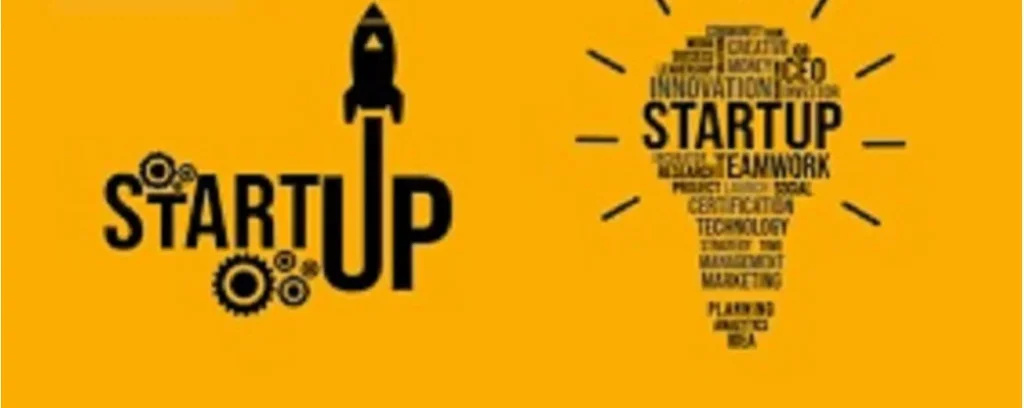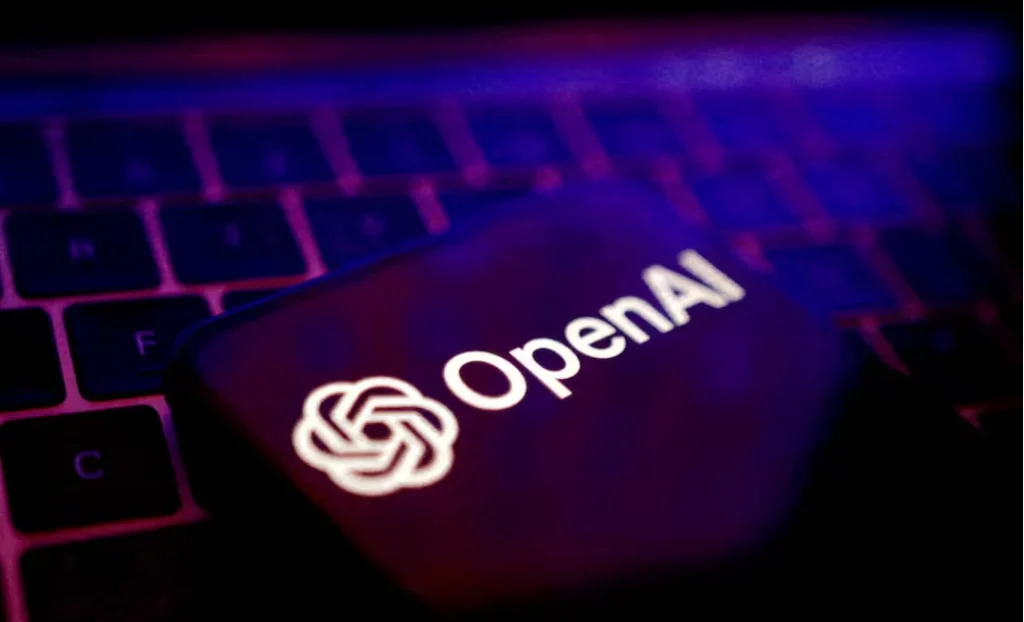Data science continues to transform industries, fueled by creative minds and ground-breaking solutions. The Data Hackathon 2024 is an example of this transformation, bringing together data enthusiasts, data scientists, data engineers, software engineers and technology experts. This year’s participants tackled complex real-world problems, demonstrating their creativity and technical ability.
We had the pleasure of interviewing Austine Unuriode, a renowned data scientist and tech innovator who is also one of the event’s esteemed judges. Austine’s role in the hackathon spread beyond evaluation to inspire and guide the next generation of data scientists. During our conversation, Austine discussed the event, the judging criteria, and the impressive models that emerged.
He also shared his vision for the future of data science and practical advice for aspiring professionals. Join us as we delve into Austine’s insights and investigate how events such as the Data Hackathon 2024 are influencing the future of data science.
What inspired you to continue participating as a judge in the Data Hackathon hosted by Lagos Tech Fest?
My continued involvement as a judge stems from a strong interest in data-driven technologies and their transformative potential in a variety of industries. The Hackathon provides a one-of-a-kind platform for nurturing innovative ideas. I get a lot of satisfaction from mentoring and supporting emerging data scientists and entrepreneurs to help grow the tech ecosystem. This event’s vibrant energy and innovative solutions never cease to amaze me.
What are the key factors you consider when evaluating startup pitches at the Data Hackathon?
When evaluating startup pitches, I look for three things: technical innovation, scalability of data models, and the real-world impact of their solutions. Furthermore, the team’s ability to handle complex data challenges, as well as their knowledge of practical applications, are critical. Startups must demonstrate not only technological prowess but also a clear strategy for market implementation and effectively addressing industry-specific challenges.
Can you highlight what set the winning startup apart in this year’s Data Hackathon?
The winning startup stood out for its deep understanding of data science principles, which it applied in an innovative way to address a significant issue in its target industry. Their solution was both technically sound and strategically designed for market adoption. The team’s ability to present a clear, impactful value proposition, as well as their willingness to scale their solution, was impressive, demonstrating a balance of innovation, practicality, and strategic foresight.
How crucial is effective communication for startups in the data-driven space during pitch events like the Data Hackathon?
Effective communication plays an important role for data-driven startups. It plays an important role in communicating the importance of their solutions to a non-technical audience, such as judges and prospective investors. To gain support and investment, they must clearly articulate the problem, the innovative aspects of their solution, and the value it provides. This skill can greatly improve their chances of success in competitive pitch environments.
How do you foresee the landscape of data-driven startups evolving in the coming years, especially post-pandemic?
In the post-pandemic era, I anticipate a significant increase in the use of data-driven technologies across industries. Predictive analytics, machine learning, and data privacy solutions are likely to grow significantly. Events such as the Data Hackathon will continue to play an important role in encouraging innovation, promoting startups, and connecting them with investors. These platforms are important for influencing the future landscape of data-driven startups and driving technological progress.
What advice would you give to data-driven startups seeking investment, based on your experience as a judge?
My advice to data-driven startups looking for investment is that they show not only their technical expertise but also the real-world impact of their solutions. Investors are drawn to companies that clearly define the problem, explain the scalability of their solution, and outline a strong market strategy. Participating in events like the Data Hackathon can help them hone these skills, making their pitches more compelling and investment-ready.
How has the Data Hackathon impacted the tech and startup ecosystem in Lagos, based on your experience as a frequent judge?
The Data Hackathon has had a significant impact on the Lagos tech and startup ecosystem, acting as a catalyst for innovation. It brings together brilliant minds and provides a platform for presenting groundbreaking ideas. The event fosters connections between startups and experienced mentors, allowing for knowledge exchange and guidance. This environment has helped to grow and strengthen the startup ecosystem in Lagos, encouraging continuous innovation and entrepreneurship.
How does your annual participation as a judge at the Data Hackathon contribute to your own professional growth in the tech industry?
Participating as a judge at the Data Hackathon every year helps me advance professionally by keeping me up to date on emerging technologies and trends. It exposes me to a wide range of innovative ideas and solutions, requiring me to constantly learn and adapt. This engagement keeps me inspired, connected to the vibrant tech community, and motivated to keep up with the latest advancements in the tech industry.
How does your involvement as a judge at the Data Hackathon align with your broader commitment to fostering the tech ecosystem?
My participation as a judge at the Data Hackathon is consistent with my overall commitment to promoting the tech ecosystem through mentorship and guidance. Evaluating startups involves more than just assessment; it involves actively supporting the development of innovative ideas and aspiring entrepreneurs. By participating in such events, I help build an innovative culture and create an environment in which new ideas can thrive and succeed.
Based on your experience, what key skills should aspiring data scientists and entrepreneurs focus on developing?
Aspiring data scientists and entrepreneurs should focus on building a solid technical foundation and staying current on the latest technologies and methodologies. Furthermore, effective communication and networking skills are essential for success. Building a strong professional network and seeking mentorship can provide invaluable advice and assistance. Continuous learning and adapting to the changing nature of the field are critical for long-term success in the data-driven industry.
How do you contribute to the growth of startups you evaluate or work with beyond the judging process?
Beyond the judging process, I help startups grow by mentoring them, sharing industry insights, and providing constructive feedback. I believe in creating a collaborative environment in which knowledge sharing and guidance are essential. By actively collaborating with startups, I assist them in refining their strategies, overcoming obstacles, and navigating the complexities of the tech industry, thereby contributing to their overall development and success.
What challenges do you think data-driven startups face the most, and how can they overcome them?
Data-driven startups frequently encounter challenges such as data privacy, scalability, and market acceptance. To address these issues, startups should implement strong data security measures, develop scalable solutions from the start, and prioritise educating their target market about the benefits of their technologies. Engaging with industry experts and attending events such as the Data Hackathon can also provide useful feedback and opportunities for collaboration.
How can events like the Data Hackathon influence the future of tech education and training in Lagos?
Events like the Data Hackathon can have a significant impact on tech education and training by emphasising the value of practical, hands-on experience. They encourage educational institutions to incorporate real-world data challenges into their curricula, promoting a more practical approach to learning. Additionally, these events offer networking opportunities with industry leaders, which can inspire students and keep them up to date on the latest trends and technologies.
In what ways do you believe mentorship impacts the success of data-driven startups?
Mentorship contributes significantly to the success of data-driven startups by providing guidance, industry insights, and strategic advice. Experienced mentors can assist startups in overcoming challenges, refining their business models, and connecting with potential investors and partners. Mentoring can also boost startup founders’ confidence, allowing them to make more informed decisions and grow faster in a competitive market.
What role do you see collaboration playing in the growth of the tech ecosystem, particularly in Lagos?
Collaboration is important for the growth of the tech ecosystem, particularly in a thriving hub like Lagos. The ecosystem can benefit from the collaboration of startups, established companies, academic institutions, and government bodies. Collaboration can spur innovation, generate synergies, and address complex challenges more effectively. The Data Hackathon illustrates this collaborative spirit by bringing together a diverse range of stakeholders to support the growth and resilience of the technology community.












